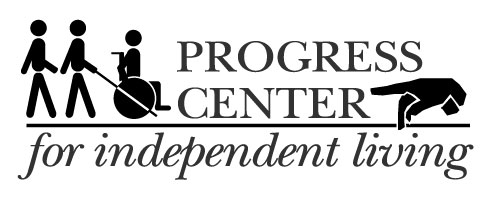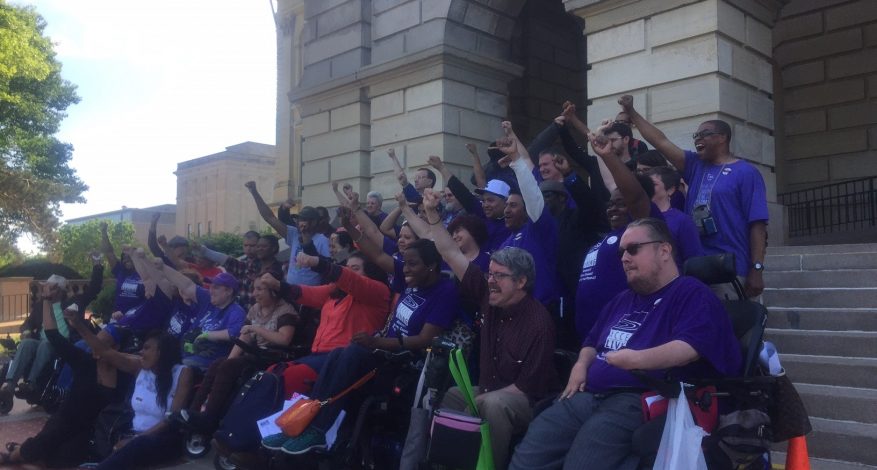New Cook County Renter Rights and Protections Take Effect June 1
New Cook County Renter Rights & Protections Take Effect June 1
Ordinance extends protections to more than 200,000 renters
CHICAGO – On June 1, 2021, all provisions of the Cook County Residential Landlord Tenant Ordinance (RTLO) will go into effect. The ordinance extends housing protections to renters and landlords in more than 245,000 suburban households.
“Substandard housing can cause an array of serious health conditions,” explains Jenna Prochaska, Health Justice Project at Loyola University Chicago School of Law. “This ordinance creates critical safeguards to help curb dangerous conditions–an important step to protect the health of vulnerable tenants in the Cook County suburbs.”
Renters with low income are more likely to fall into or deeper into financial insecurity as a result of unfair late fees, a landlord’s refusal to return a security deposit, a landlord disguising a security deposit as a move-in fee, or taking a landlord to court.
The RTLO creates consistent countywide rules for tenants and landlords, establishes basic expectations for decent behavior and healthy living conditions, and clarifies rules, making it easier for everyone to follow them.
The Cook County Regional Tenant Landlord Ordinance:
- Bans unlawful lockouts
* Restricts retaliatory conduct and undisclosed landlord entry - Protects owners against property destruction and abandonment
- Provides consistency on how and when landlords can safely evict renters
- Prohibits lease terms that waive written notices, rights to a trial, and disclosures
- Blocks landlords from charging exorbitant late rent fees
- Improves procedures for completing minor repairs in a timely manner
- Guarantees fair security deposit returns
- Prevents nontransparent move-in charges
- Defends tenants from landlord retaliation
- Allows landlords a two-business day right to cure noncompliance with leases
The Cook County Board of Commissioners voted unanimously to pass the ordinance on January 28, 2021. Cook County Commissioners Scott Britton and Kevin Morrison were chief sponsors of the ordinance, which was first introduced in July 2020. The commissioners worked with housing advocates, tenants’ rights and legal aid groups, as well as landlord, realtor and property owners’ groups to build support and consensus for the ordinance, and the final legislation incorporated a series of amendments. Commissioners Brandon Johnson, Larry Suffredin, Bill Lowry, Alma Anaya, Dennis Deer and Deborah Sims co-sponsored the ordinance.
“We applaud the leadership and persistence of Commissioners Scott Britton and Kevin Morrison, who worked long and hard to pass this measure,” said Andrea Juracek of Housing Choice Partners. “We are thankful for the support that the full Cook County Board has shown for the ordinance.”
The Cook County Residential Tenant Landlord Ordinance comes decades after the City of Chicago and suburbs such as Evanston and Mount Prospect adopted similar ordinances. A coalition of legal aid organizations and housing advocates are now working with municipalities that have adopted their own ordinances to ensure the various ordinances are consistent, complementary, and all offer robust protections to renters.
“We look forward to working with Cook County, the City of Chicago, and villages throughout suburban Cook County to ensure that all renters in our communities have common housing rights and the support they need to stay secure in their housing,” said Michael Rabbitt of Neighbors for Affordable Housing.
To view the ordinance itself, visit: https://bit.ly/3iT0VQQ
To learn more about the campaign to pass the ordinance, visit: housingactionil.org/rtlo
To learn more about renter rights in the ordinance, visit: illinoislegalaid.org/ccrtlo
About the Cook County RTLO Coalition:
A coalition of housing advocacy organizations, legal aid organizations, and renter leaders worked to build support for the RTLO and are now working to raise awareness about the ordinance and support implementation of the ordinance. These organizations include: Chicago Area Fair Housing Alliance, Health Justice Project at Loyola University School of Law, Housing Action Illinois, Housing Choice Partners, Illinois Legal Aid, Lawyers’ Committee for Better Housing, Metropolitan Tenants Organization, The Moran Center, Neighbors for Affordable Housing, North Suburban Legal Aid, PASO West Suburban Action Project, and Progress Center.
For more information, contact Kristin Ginger, Housing Action Illinois, 312-854-3333, kristin@housingactionil.org
###


